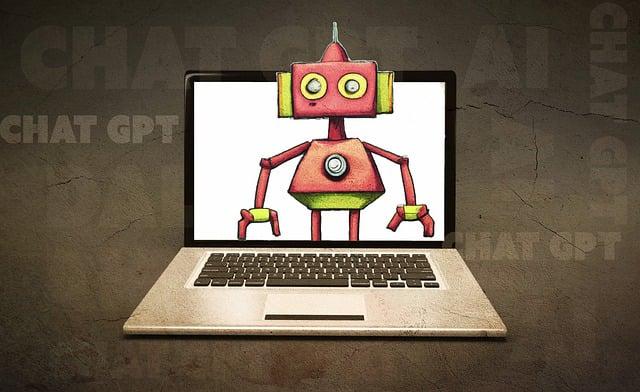
The Open-AI project, ChatGPT, has rekindled the web-search battles of the late 1990s and early 2000s, when Yahoo was far ahead of the curve and Microsoft and Google were competing for dominance in the web-search business.
The new kid on the block, ChatGPT, has swept the internet with its cutting-edge features that allow users to receive answers to almost anything that comes to their mind. The AI-powered tool has reportedly attracted more than 100 million users so far. Many people have seen ChatGPT as the first real threat to the long-standing dominance of Google in the web search market.
The Open-AI project, ChatGPT, has rekindled the web-search battles of the late 1990s and early 2000s, when Yahoo was far ahead of the curve and Microsoft and Google were competing for dominance in the web-search business.
During the last few years, Microsoft has quietly invested billions in OpenAI, the firm that created the ChatGPT. The software behemoth recently announced an improved version of its Bing search engine, powered by ChatGPT technology to help users resolve their complex queries at a breakneck speed.
The ChatGPT can respond to a wide range of queries and can even create an in-depth essay on just about any subject you can think of. The technology leverages the vast amounts of data it was trained on to identify certain patterns and make intelligent interpretations. This data is based on online data and through well-certified data sets.
A new opportunity
ChatGPT is Microsoft’s renewed opportunity to improve its search capabilities and exact revenge for the setback in the online search domain. For many years, Google has been dominating the market for online search engines. According to Statista, Google, one of the world’s largest companies by market value, has a share of about 84% of the search engine market as of December 2022, with Microsoft's Bing coming in second with a share of just over 9%.
According to analysts, given the potential of AI to mature at a very rapid pace, Microsoft can leverage ChatGPT to secure an advantage that has eluded it so far.
“ChatGPT has certainly evolved into a credible prototype of what may be termed as an interactive search-and-query engine. However, there is still quite a way to go. The ultimate maturity and success will be a function of not just the AI algorithm but also the search algorithm lying underneath. It is therefore a domain that Google is eyeing quite keenly,” says Deepak Kumar, Founder Analyst at BMNxt.
Google too has realized the threat and rolled out its answer to ChatGPT this week, called Bard, to further enhance the user experience deliver better results. The conversational chatbot is currently under testing phase and is built using Google's own LaMDA language model.
“While Microsoft is reportedly planning to incorporate ChatGPT functionality into its Bing search engine, Google teams too are working toward fasttracking development of similar AI product,” Kumar says.
Competition is intensifying
ChatGPT is undoubtedly a groundbreaking invention, but it is also true that the product is still in its infancy. As a result, Google and likely a number of other companies still have time to outdo ChatGPT by using their expertise to make the game even more engaging. Nevertheless, the market is about to witness some intriguing competition between the two large tech behemoths after a long period of time. Anyone picking one of the two as the winner at this point would be being naive. (See: We Are Exploring The Potential Of ChatGPT To Enhance Customer Experience)

 In
In
Add new comment